The secret to improve in any sport requires the athlete continue training in the off-season. To simply take a break when the season ends is equivalent to only reading when it is required for homework. Sure, you can do it, but you will never be as successful as if you practiced when not required.
According to Ohio State University, the off-season is the time during which a player is not actively competing. During these months, an athlete needs to rest, focus, rebuild, and develop new skills and strength.
In this article, we will explore what the off-season entails, how various factors improve your game, and some ways in which to proceed with this mode of attack.
A mental break
Before picking up a single weight, consider the mental and physical demands of the regular season and your own need to re-energize. Although most athletes take into account the exposure their bodies go through physically during their season, they forget there are numerous mental demands that are taxing.
During the height of your training, your body goes through physical exertion and it can leave you feeling a bit burnt out. Children’s Hospital Colorado defines burnout as sports decline due to high levels of “constant high levels of physiologic or emotional stress, fatigue, immune system failure, or insufficient recovery time.”
During this off-season training, it is important to recognize if you are experiencing burnout and if so, to use a few weeks to mentally check out. Allow the break to decompress and redirect your focus on what isn’t volleyball. Or, in other words, everything you have put off to the side while in the peak of your season.
Signs of burn out
The following list is provided from Children’s Hospital Colorado.
- Decreased sports and/or school performance
- Chronic muscle or joint pain
- Personality or mood changes
- Elevated resting heart rate
- Fatigue
- Lack of enthusiasm or ambition
- Difficulty completing usual routines
- Sleep changes (more or less sleep than usual)
- Decreased appetite and/or weight loss
- Increased injuries, illness, or infections
It is imperative if you are experiencing any of the symptoms at the conclusion of your season, you pay particular attention to your mental recovery so you can continue to enjoy the sport when it’s time to return. If you push through without giving yourself a mental break, your game performance will suffer.

How long should mental recovery be?
There is no set length for the amount of time that recovery needs to be. Depending on the intensity of the season, the outside influences and the duration of your season, generally a week to two weeks would be decent amount of rest. In the words of Banksy, “If you get tired, learn to rest, not to quit.”
Although your body may feel it is ready to go again, your mind usually takes quite a bit longer. Enjoy these few weeks to spend time with friends and family who have fallen by the wayside, read some good books, watch a tv marathon. Allow the recuperation of your mind so when you are ready to start training, your fatigue has diminished. This will also give you the mental energy to go all-out when it is time to push.
Considerations for off-season training
Evaluate your goals
During the actual season, you will not have much time to create goals. It will be much smoother if you have already evaluated your and your team’s performance and come up with areas of improvement, as well as a plan to get there. By doing this, you create a blueprint to improve your performance and game.
Team goals
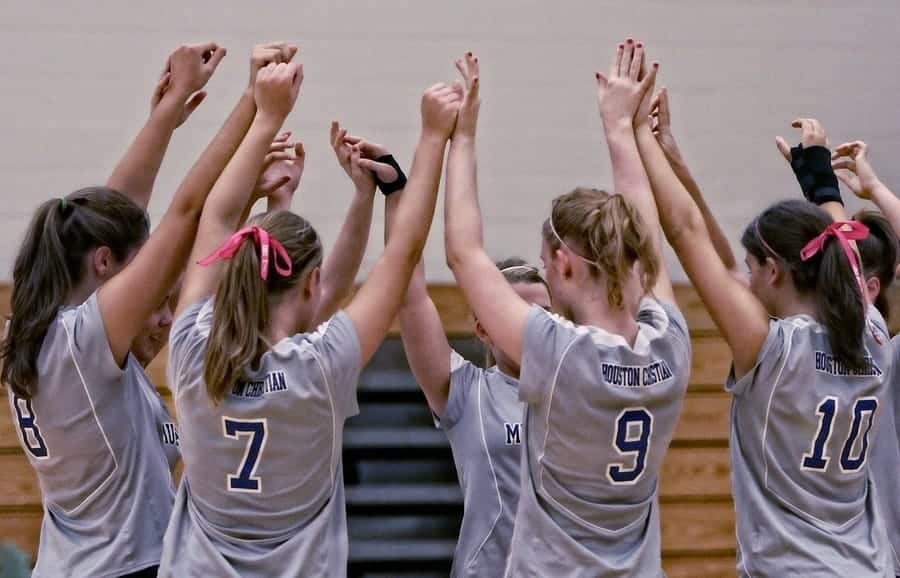
Due to the very nature of the word “team,” these goals may be set together closer to the start of the season (or the end of the “off-season”). These goals may be created for you by the coach or the coach may call the team together to come up with a plan.
Sometimes team goals drive the creation of an off-season workout plan. You may or may not have control over this plan; however, knowing what the team goals are can definitely drive you both in and out of season.
Individual goals
Your team goals can influence your individual goals. For example, if the team has decided to have every individual focus on the same skill set, targeted camps may be the ideal during the off-season. Other times, a coach could have workout plans customized to each player. Although the team has the same off-season workout plan, they may have individual goals within the plan.
Often, individual goals call on self-reflection. Perhaps you noticed whenever it is your turn to serve, you can only score two points tops before your serve goes out. Why? It is fatigue or form breakdown? Perhaps nerves?
This brief time of self-reflection allows you to then set up a plan to address the breakdown of skill. Based upon this, develop a plan for the off-season that directly addresses the need.
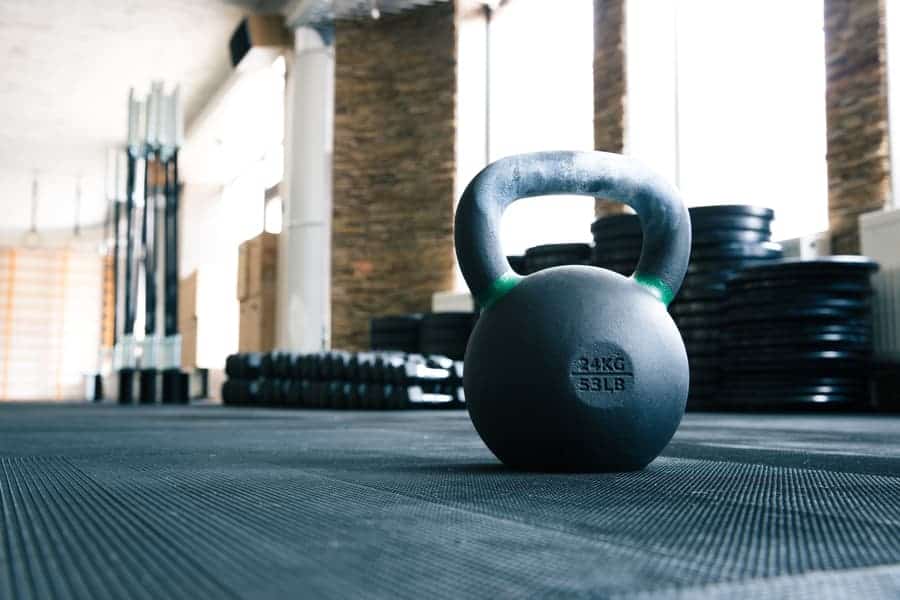
Perhaps your legs are lacking the strength or your jumps could use some attention. If you have a trainer available to you (many schools have them), work with this person and a coach to come up with an alternative plan.
If you are planning on playing another sport during the off-season, evaluate if the particular sport will help or hinder your return to volleyball and then ensure you have a plan to combat that, if necessary.
For example, if you are a long distance runner, while you will be in excellent shape, volleyball relies more on fast-twitch fibers and short spurts of energy, as opposed to longer sets. In your transition or the months leading up to your season, you want to alter your training plan to include shorter workouts with higher intensity.
Smaller goals
Whenever you are creating goals for yourself or the team, smaller and more attainable goals are the backbone. For example, perhaps your team goal is to win a tournament. That is a large goal and requires steps along the way.
Perhaps this involves competing in smaller tournaments or going to certain camps. Maybe your team needs to consider holding regular tape watching days during season and watching competitors in the off-season. Potentially your smaller goal involves cross training and weight training gym-records (number or reps or amount of weight).
These smaller goals keep you motivated during the times where the larger goal seems impossible. It allows small victories to continue to drive you. Again, these goals can be a part of the larger picture and the smaller one alike – but break it down so that the attainable steps along the way are manageable.
Accountability system
This is your “accountabilibuddy.” When you pick this person, find someone who will motivate you and hold you accountable. For example, someone who will ask, “how many box squats did you do?” or if you are training in another sport, will check in to see how that’s going. It may be someone with similar goals so you can train together or it could simply be a parent, sibling or friend who will keep tabs on you.
Whoever it is, team up with someone to call you out if needed and cheer you along the way. This accountability helps you maintain your training and keep track of your progress.
Pinpoint your weak areas
As with any part of life, it is a wise idea to know your strengths and weaknesses. The off-season is a great time to slow down and focus in on the weaknesses.
During the downtime, spend extra time building strength where you noticed you struggled during the season. Perhaps you can even find another sport to play that focuses on that particular area. It is not uncommon to see football players focusing in on yoga training during the off-season so they can take the time to really hone in on stretching their bodies out to prevent injury and become more pliable during a play.
When you identify your area of need, work with coaches or a trainer to ensure your plan of attack matches your intentions. Not all sports compliment each other and it would be a shame to waste an off-season hindering your game instead of building it up.
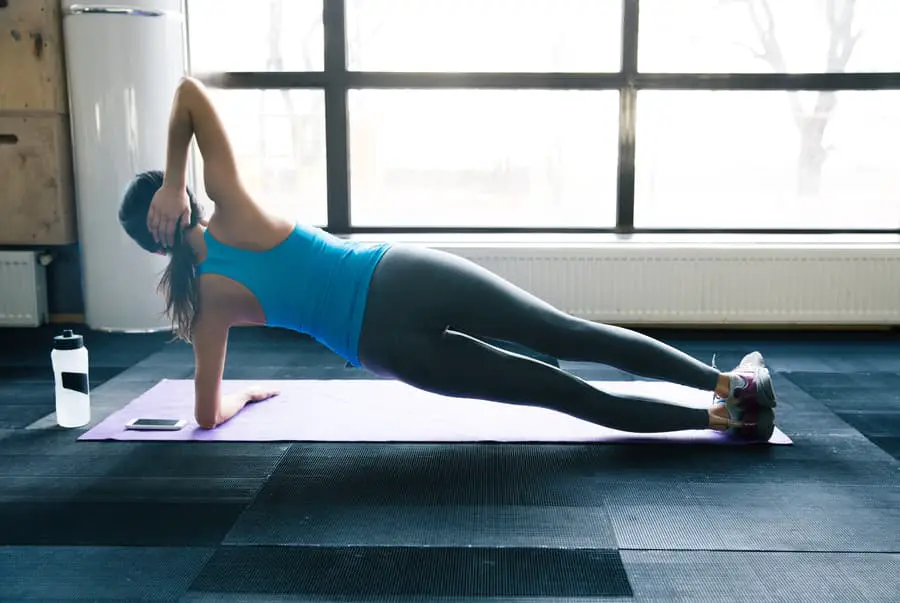
Try other sports
This may seem counter intuitive, but trying other sports is a great way to recharge your battery. Focusing on the same daily grind, as well as the same sport, can be monotonous and cause you to lose your drive. Imagine the taste of a perfectly brewed cup of coffee or a decadent dessert. Now imagine drinking or eating this every single day, multiple times a day. You would lose the glory and wonder of the treat.
Sports are no different. By trying another sport or even taking up a new hobby, you allow the enticing and addictive part of volleyball to return to you. Within a few months, you will actually find yourself missing the drills, your teammates, and the game.
Most coaches will give you the space to explore your sport in the off-season, knowing that while in-season, you will be dedicated and focused. Don’t worry – trying a new sport isn’t cheating on your old one!
Ideal off-season training
Volleyball in itself is an interesting game. It has been said that the large majority of points are scored within 15 seconds, making short bursts of energy and quick moments of focus necessary.
So how do you train for that in the offseason? Below are some examples of volleyball specific off -season training to improve your in-season game.
Aerobic versus Anaerobic Training
Aerobic training means “with oxygen.” For example, long distance running would be aerobic training. The volleyball niche focuses a lot on anaerobic training because it requires quick bursts of energy, a quick recovery, and then another fast outpouring of anaerobic power. It can be argued both systems need to work together so you can last throughout the game but also be able to maintain quick bursts of energy. This said, most trainers recommend aerobic training be kept to a minimum with anaerobic training being more of the focus.
If running is a part of your off-season training, sprints, steps, ladders, and running lines are all an effective way to incorporate running and anaerobic training. Speed training drills and agility training will be key to train for volleyball specific skills.
Strength Training
Medicine balls are often utilized for volleyball training. If free weights or machines are being used, the key is to keep weights low and repetitions high. One of the best exercises with a medicine ball is the medicine ball scoop.
If you are working on your setting skills, a medicine ball can be used to create strength. Either using a medicine ball alone with a wall or by utilizing a partner, you can find a number of drills using this tool as a strength trainer.
If you are more interested in hitting the gym to work with free weights, here are 10 volleyball-specific strength exercises. Make sure you take time in between each drill to recover, as well as mix up leg days and arm days to help heal and prevent injury.
Plyometric Training
Plyometric training is used for pretty much any sport that involves jumping. It is advised to start easy and increase in intensity to help reduce the risk of injury. These exercises are aimed to increase your vertical jump, responsiveness, and agility.
Volleyball resistance bands can be added to your plyometric workout to up the intensity of the activity. Squat jumps, tuck jumps, frog leaps, high knees, hurdle jumps, and wall throws with a medicine ball are all examples of plyometric training. It is an important note that strength training will help increase the effectiveness of your plyometric training, as well as help protect you from injury from impact.
Click here for why volleyball players should do yoga
Off-season blend for improvement
As you can see, there isn’t one silver bullet for off-season training. This is a mix of mental rest, goal setting, intentional planning and finally incorporating skills to strengthen the specific parts of your body needed for volleyball. By focusing on your off-season workout, you can ensure when you return to the regular season, you return fresh, strong and ready to commit to what lies ahead.
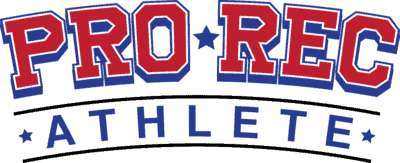

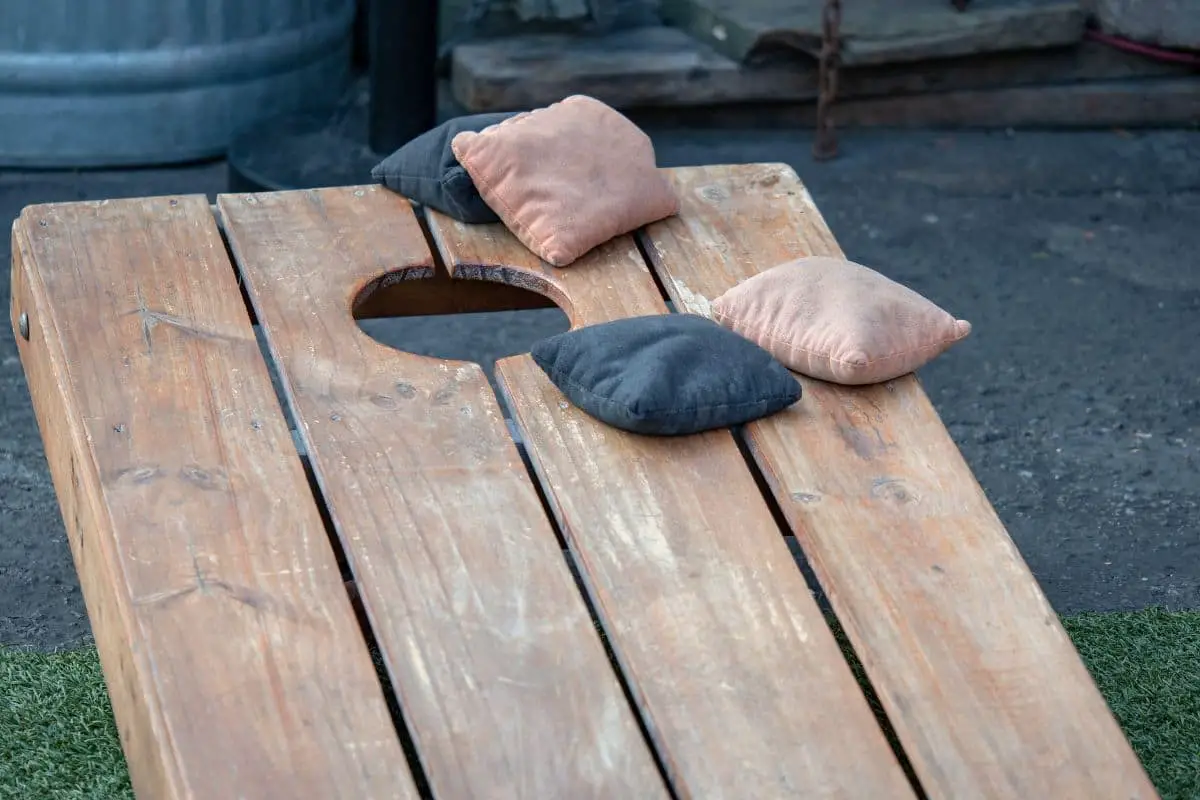
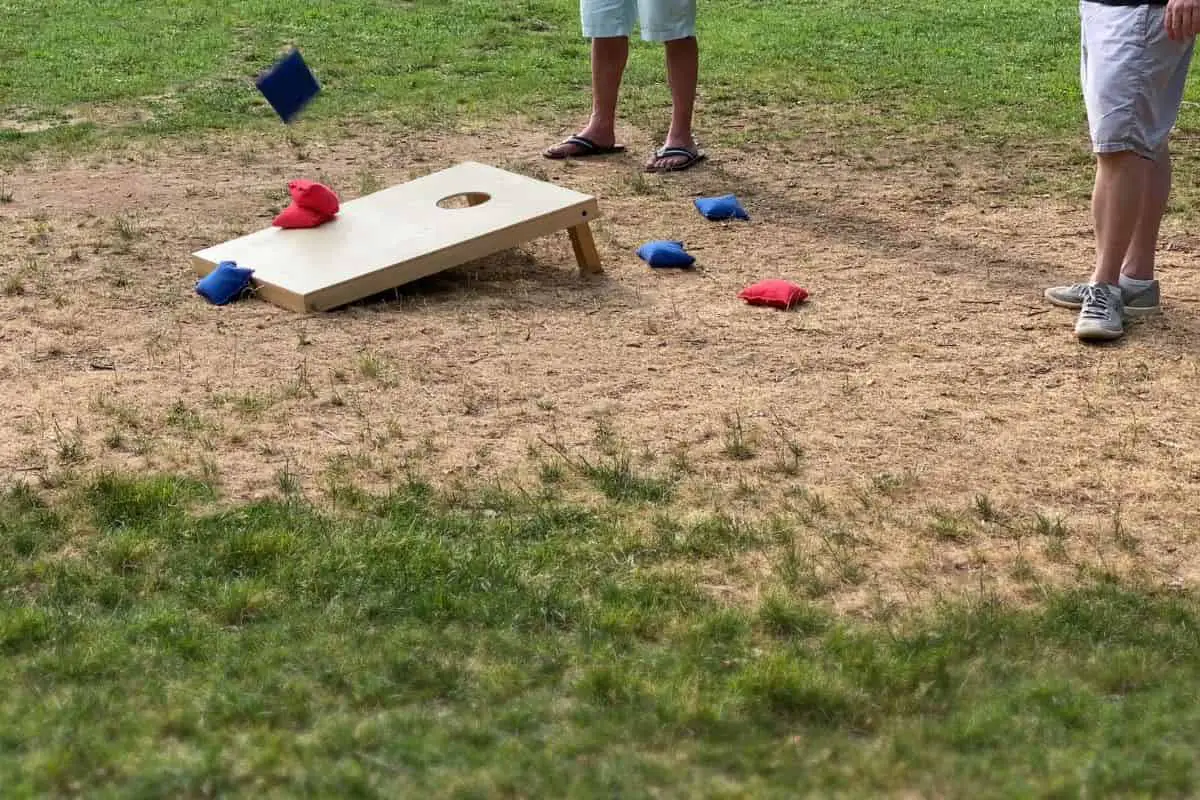
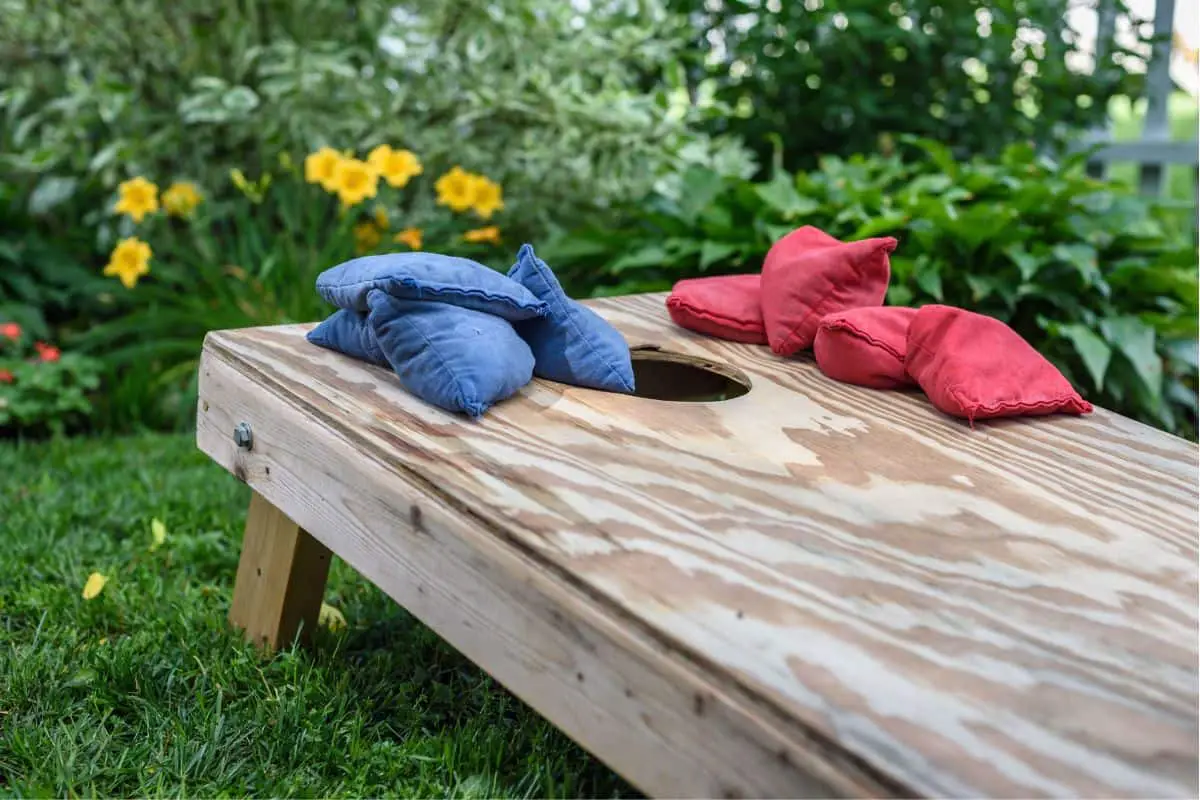
Leave a Reply